1527:TW Power tool manufacturer, profitable since 98 trading at EV/FCF 3.3 with a 5.85% dividend yield
Basso Industry Corp
Disclaimer(Mr. Michael Fritzell kindly let me use his):
This is neither a recommendation to purchase or sell any of the shares, securities or other instruments mentioned in this document or referred to; nor can this presentation be treated as professional advice to buy, sell or take a position in any shares, securities or other instruments. The information contained herein is based on the study and research of One Foot Hurdle and are merely the written opinions and ideas of the author, and is as such strictly for educational purposes and/or for study or research only. This information should not and cannot be construed as or relied on and (for all intents and purposes) does not constitute financial, investment or any other form of advice. Any investment involves the taking of substantial risks, including (but not limited to) complete loss of capital. Every investor has different strategies, risk tolerances and time frames. You are advised to perform your own independent checks, research or study; and you should contact a licensed professional before making any investment decisions. The author makes it unequivocally clear that there are no warranties, express or implies, as to the accuracy, completeness, or results obtained from any statement, information and/or data set forth herein. The author, shall in no event be held liable to any party for any direct, indirect, punitive, special, incidental, or consequential damages arising directly or indirectly from the use of any of this material.
Basso is a ODM/OEM of power tools such as nail guns and impact wrenchs trading at an absurd valuation. It is profitable since 1998 and is paying dividends 12 years in a row, 22 out of last 23 years. Deep value in Asia many times don't work but this time it might be different. The company for many years stubbornly sticked to an idiosyncratic and ineffective capital allocation decision but finally corrected such mistake in 2019. That and Basso's long-term earning power should deserve a richer valuation. It is tradable on Interactive Brokers and English filings are available.
Capitalization
Share price at 2024/3/4: $41
Shares outstanding: 138.6M
Market cap: NTD $5,681M
Enterprise value: NTD $2,399M
Average daily trading volume: NTD $8.8M
Key operating numbers
Main risk - too much money
I want to inform you right away on why it is so cheap to save you time. Basso from 2005 to 2019 had an atrocious capital allocation policy though not with malicious intentions. Previous chairman was obsessed with US-denominated bonds, so in 2019 Q3 and prior there were some crazy maneuvers - at a point they borrowed more than $NTD 9B and invested in $NTD 3B worth of US bonds. Obviously this is not ideal, thus for many years institutional investors tried to talk management out of it. Finally the elder son of the founder took over the CEO in 2018 and unwinded all the borrowing in the 4th quarter of 2019. Now Basso only has the excess cash problem, in the latest financial statement(2023 Q3) there is $NTD 3.3B worth of cash and deposit on the balance sheet without significant borrowing.
Remember I mentioned 22 out of the last 23 years the company paid a dividend? The year they did not pay is the year they messed up royally with investments.
2005 to 2019 is a long time and one can reasonably assume too much effort was spent on investing decisions that yield poor results. Gain and loss in foreign exchange, fair value change in bonds, interest income and expense caused wild swings every year and affected the bottom line. Fortunately new management(the founder’s son, who has worked in the company for various positions since 2000) in 2019 determined to unwind the massive borrowing. The previous chairman also passed away in 2021. Hence I believe Basso will stick to a simpler balance sheet structure and have less distractions.
If you stripped out all the nonsense the core operating profit is quite resilient. The company has been profitable since 1998. As long as Basso stays rational I believe it is a matter of time for investors to refocus on the company’s core business and gain confidence back.
What is a nail gun?
Nail guns are versatile tools mainly used in construction. Roofers, carpenters, builders, subcontractors are the end users. Type of nail guns applied depends on the usage. For upholstery and crafts staple/palm nailers are used. For furnitures, cabinetry and picture framing pin/brad nailers are used. Hardwood flooring/deck building/roofing shingles use more heavy-duty nailers.
Basso's main product lines are pneumatic nailers. With pneumatic nailers a cord and a compressor are needed. The trend is slowly moving towards lithium-power, cordless, electric nailers where a compressor is no longer needed. However by no means electric is a perfect substitute of pneumatic, for many reasons:
1. Pneumatic can handle hardwood such as Mahogany and Oak.
2. Lighter(no battery), last longer(no need to recharge/cooldown), cheaper(often just 1/3 of electric's cost).
3. Faster firing rate.
4. Simpler design, longer product life.
Nailers are highly correlated to US housing starts as roofs/lumbers/fences/decks/walls/flooring/doors/windows all required nailers to work on. Depending on applications, there are a variety of nailers. This requires a high-mix, low-volume production process where Basso excels. Many OEMs turn away from that because it is hard to scale. The ability to offer full product lines to OEM customers is a strength. Lastly, pneumatic nailers are operating at high speed, quality and safety cannot be compromised, otherwise sharp metal parts can fly out and injure users. This quality requirement gives Basso some barriers of entry.
Company background
The demand for hand tools and power tools began with Taiwan's shipping breaking industry in the 1970s and 80s. Shipping breaking refers to the removal of ship parts so the scraps can be recycled into steel. Basso was founded by Mr. Lai and his brother-in-law in 1983. Basso is based in Taichung, as I have mentioned in my Topkey post Taichung is well-developed in machine tooling and metalworking. The company was able to leverage this manufacturing capability and set up downstream contractors and focused more on R&D and assembly.
Basso was able to win an OEM contract from Campell Hausfeld for nail guns and were awarded "Partners in quality" in 1993. In 1995 Basso was the first Taiwanese hand tool OEM to introduce Quality Management System in design, R&D, assembly, and service. It enables it to receive orders from Sears and Porter Cable. In 1997 Porter Cable achieved number 1 market share in US with Basso's backing.
The know-how in nail guns allowed the company to expand into automotive repair air tools(such as impact wrenches and the likes) in 2004 to diversify away from nail guns.
From the first nine months of 2023 Basso's product mix is 46% in pneumatic nailers, 20% in automotive air tools, 13% in bicycle parts. By geography 40% of revenue is in the Americas, 33% in Europe, 27% in Asia and others. One thing to note: Basso does not have a single customer that is over 10% of revenue. This shows it did a good job in diversifying the customer base and should be able to maintain some bargaining power and gross margin. Basso's customers included Techtronic, Stanley Black & Decker, Home Depot.
Shareholders
Current Chairman and CEO are the founder's sons. They are in their mid-40s and have worked in the company for over twenty years. They, their spouses, mother, relatives all together own 16.23%. The company is paying dividends 12 years in a row and canceled shares in 2008~2010, 2012, 2015. Since its IPO in 1999 the company has not asked for capital raises. I believe Lai Family's interest is aligned with the rest of shareholders and returning cash to shareholders is likely. It also appears that they got burnt poorly from the bond investing mess and have since learnt a lesson.
Conclusion
This is a short write-up and it is not a compounder. However I believe in repeatable, simple, incremental wins and Basso is more in this camp. A basket of such stocks should provide a decent performance over time.

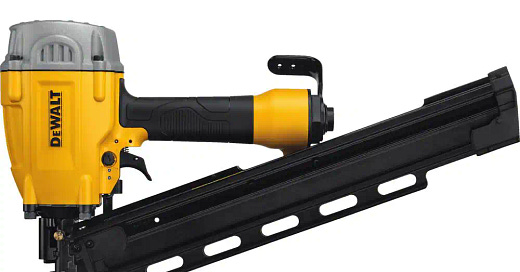




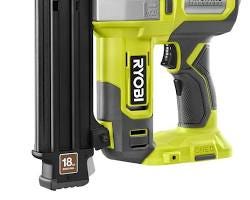
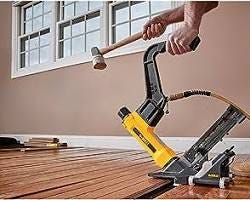

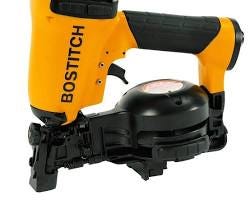
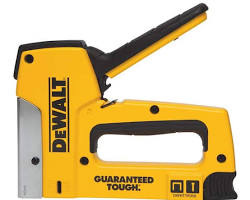
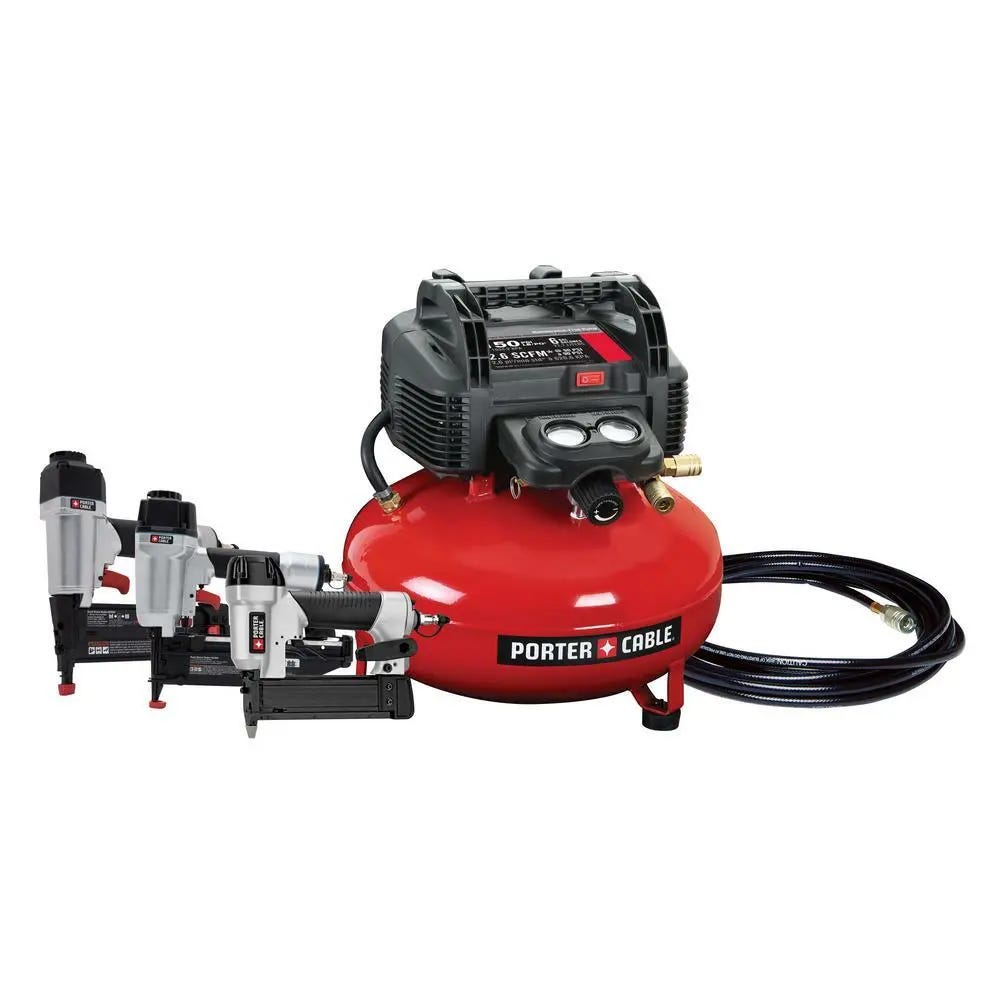
Thanks for the text. A few suggestions just in case you might add them for the future:
I miss a market quick overview: main competitors, market share, product and price differenciation. Scale is an advantage, are there any other companies as big or even bigger?
The market is said to be correlated to US homes started. How strong is that correlation. What did it happen to the revenue and profits during the boom of 2004-2007 and the bust of 2008-2010.
Average roe, roa, roic, roce... Of last decade? Average p/e and p/b of last years vs current one? Any possible catalyst or just a slow multiple expansion?